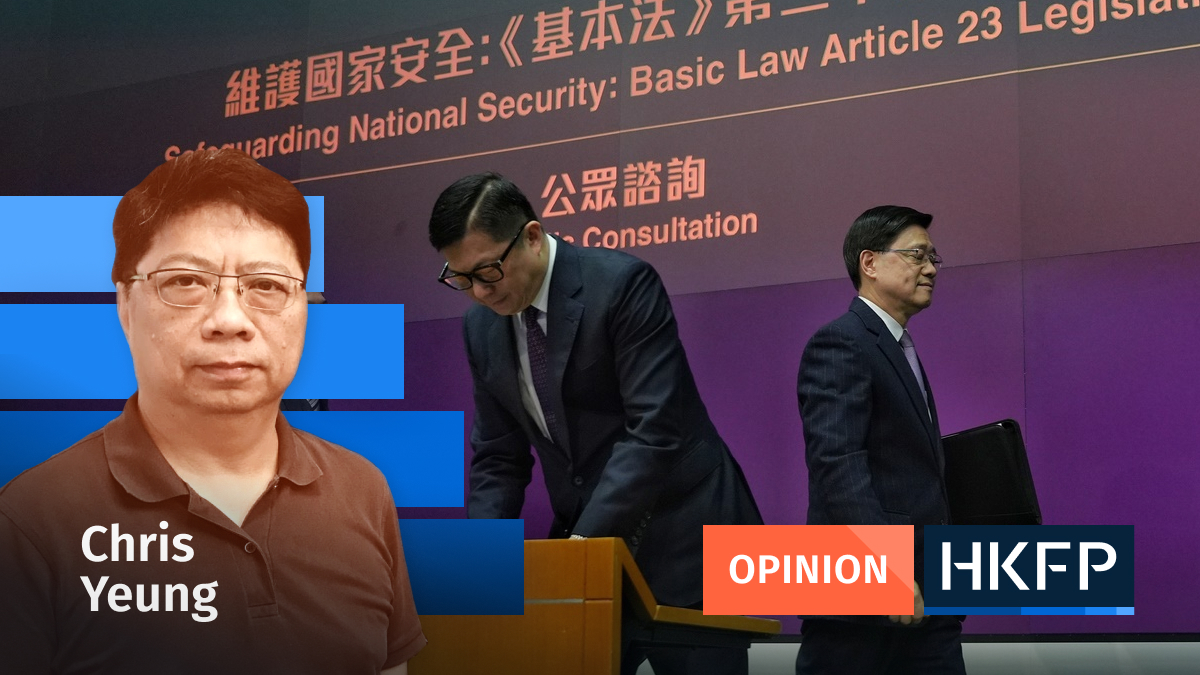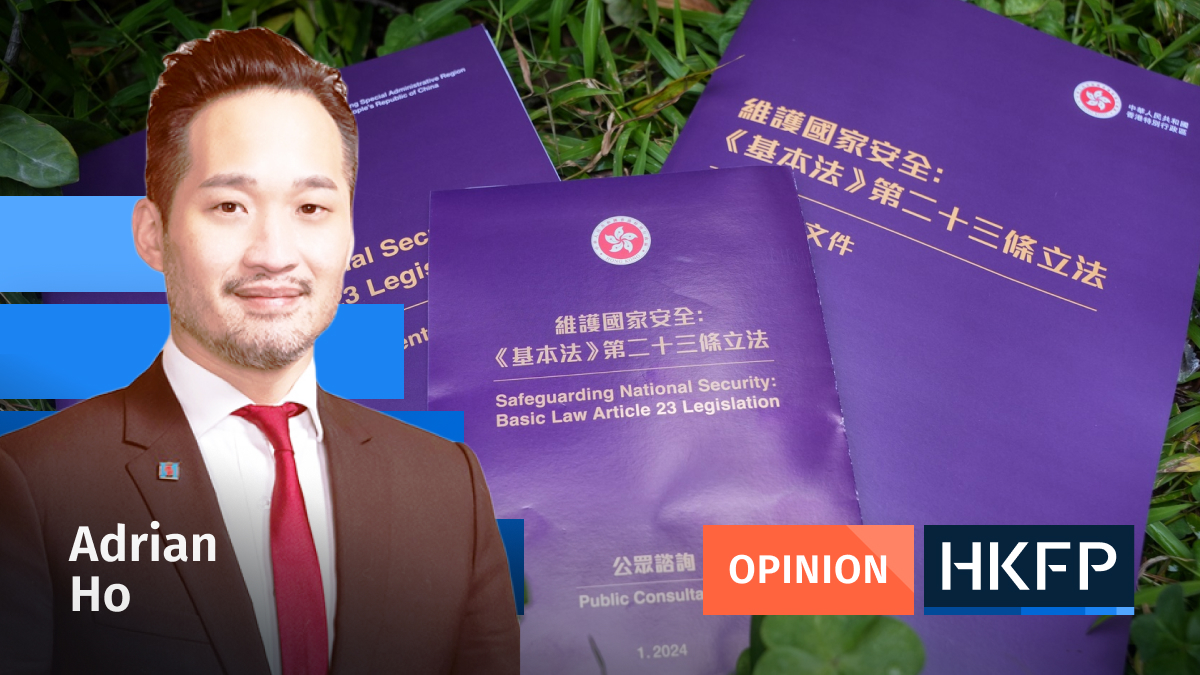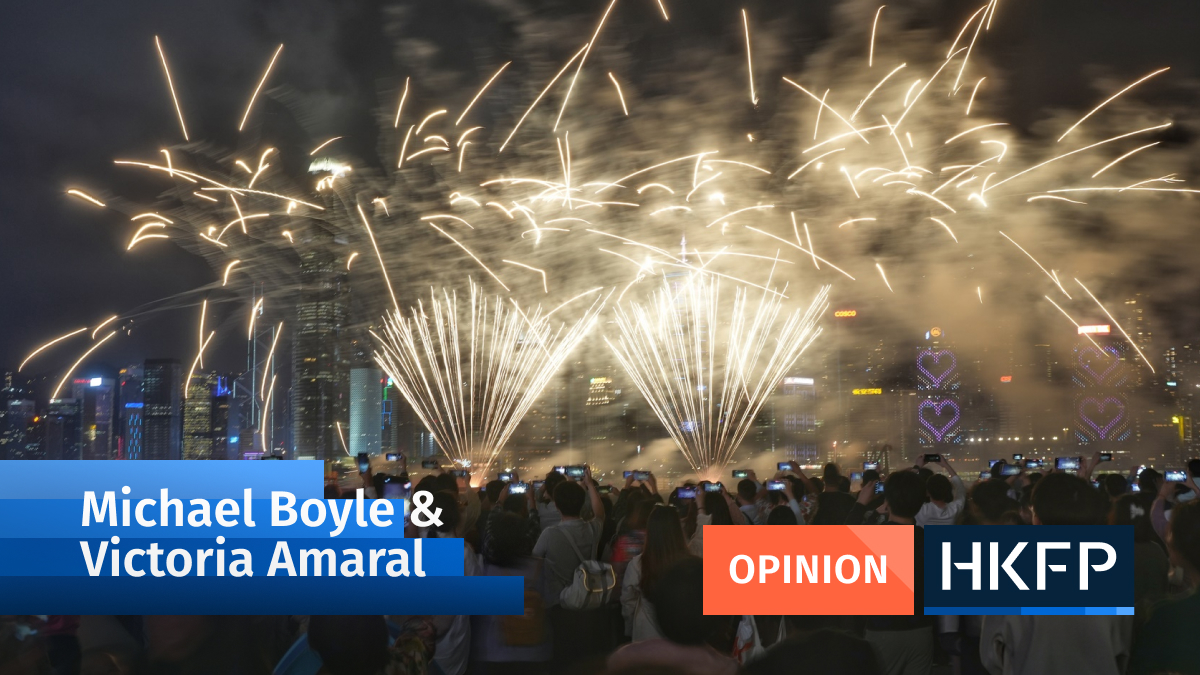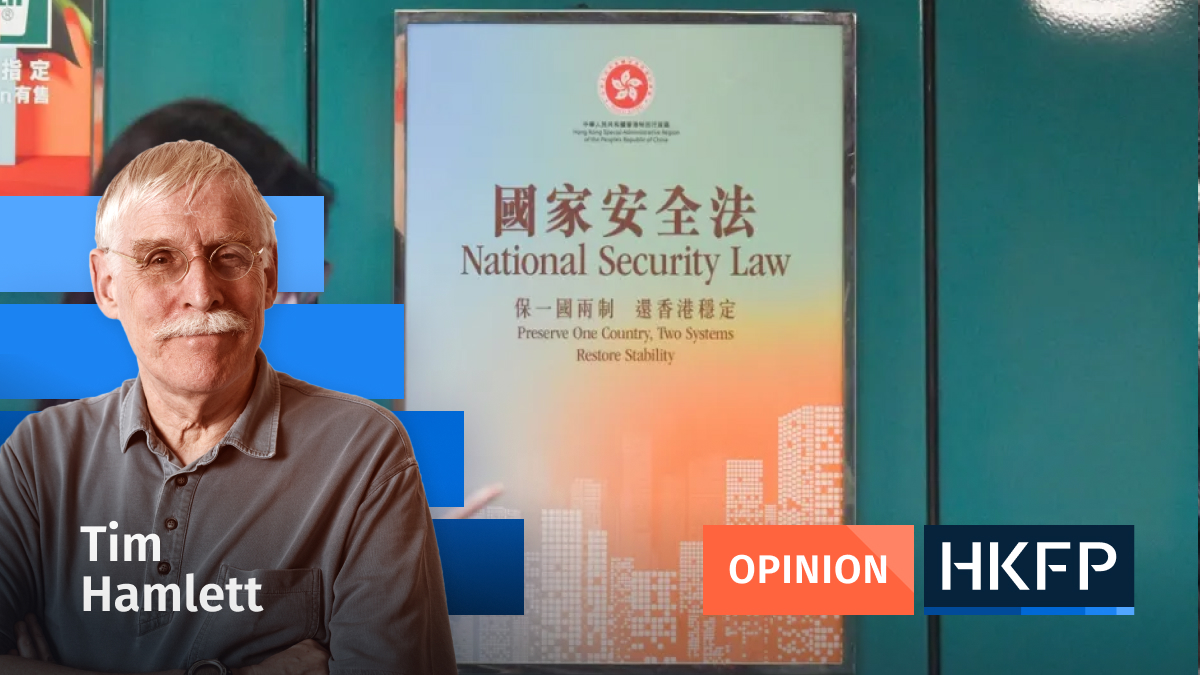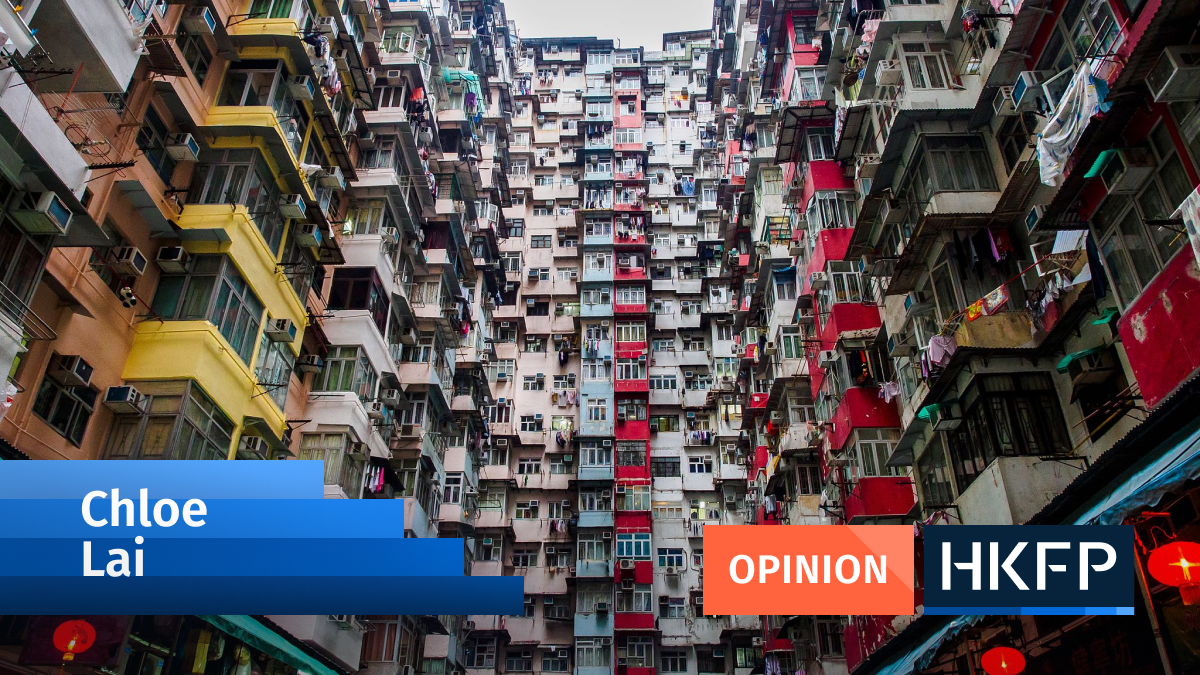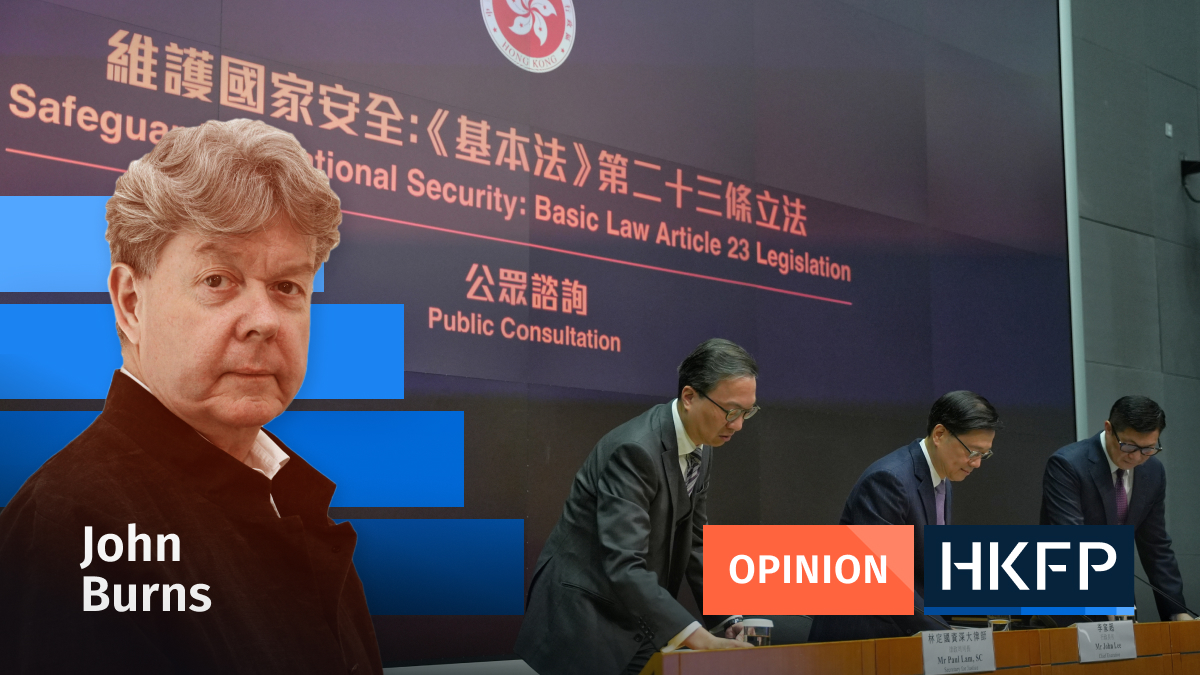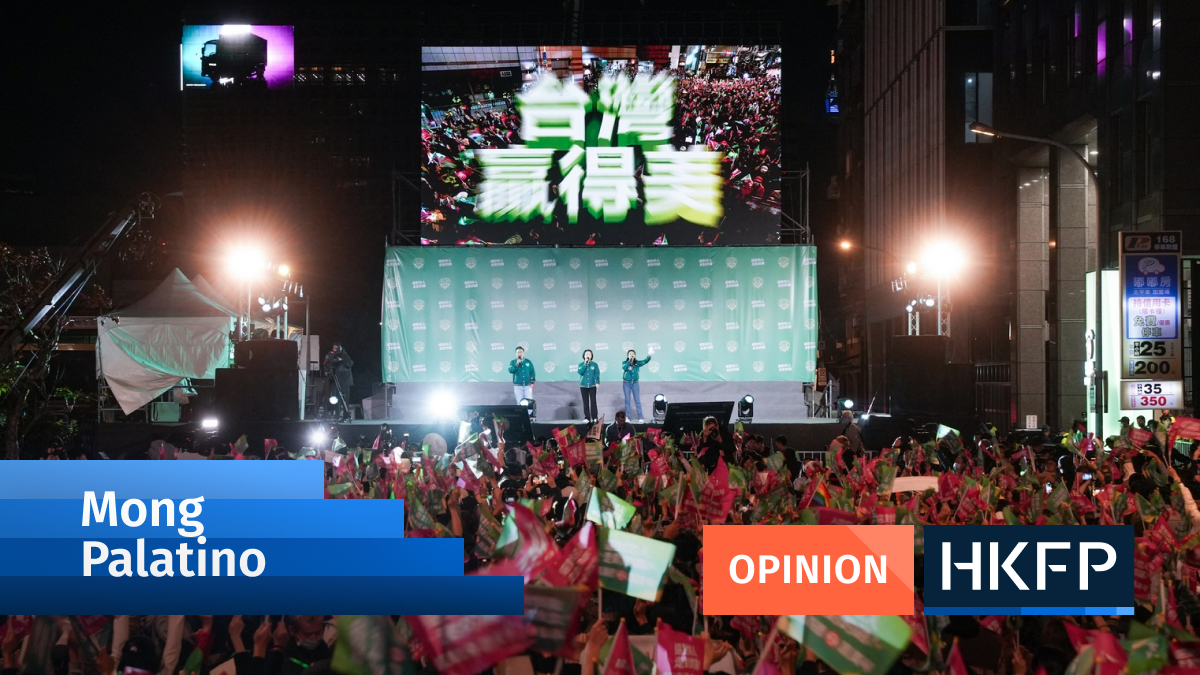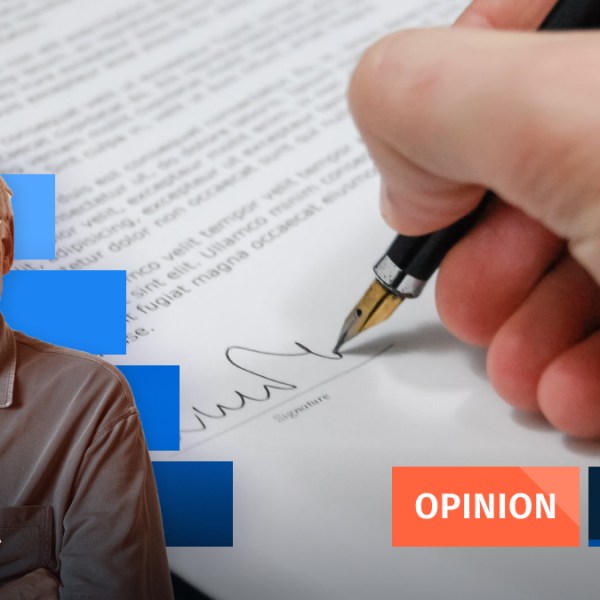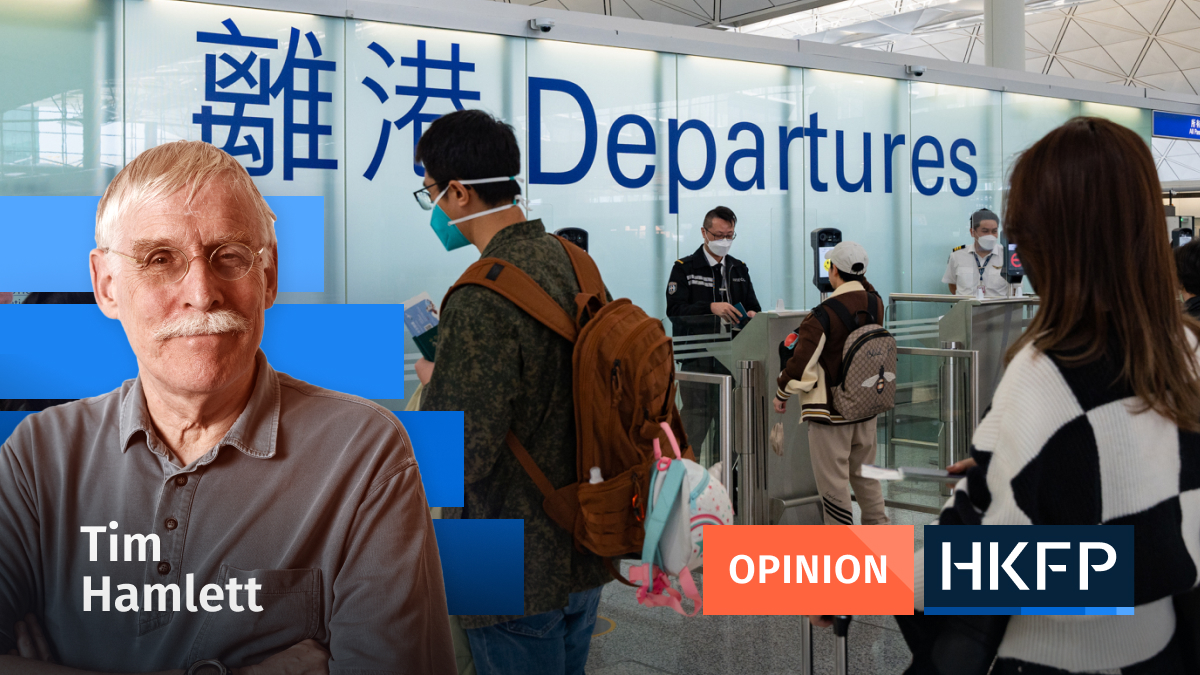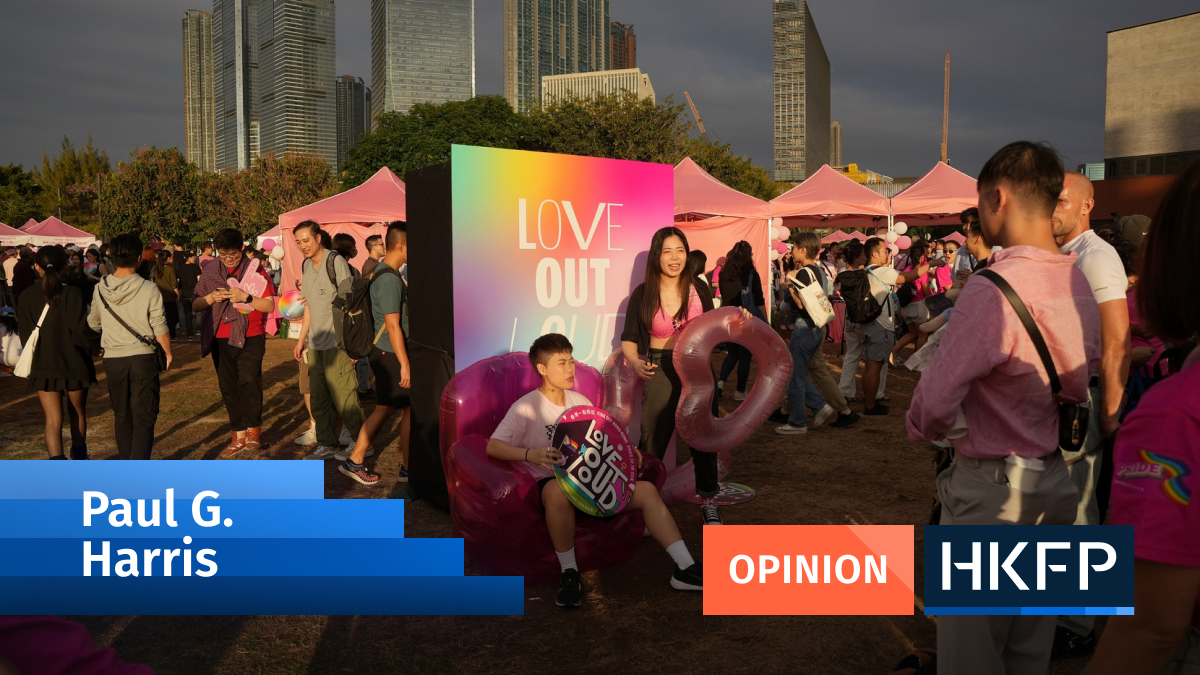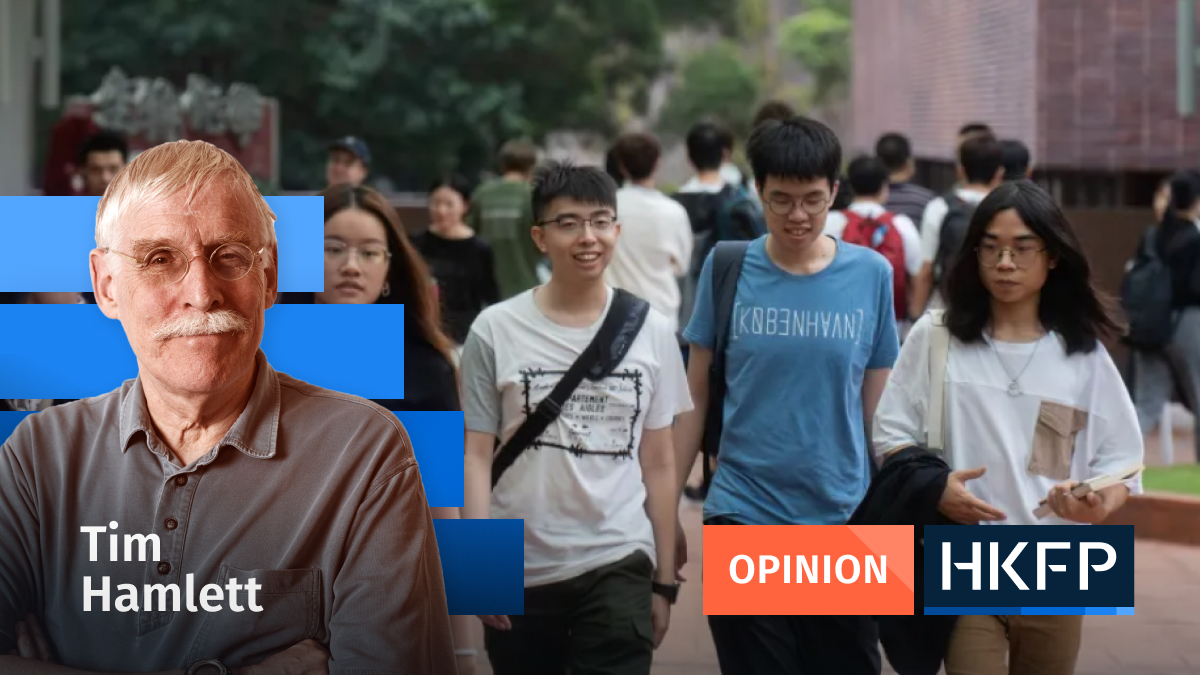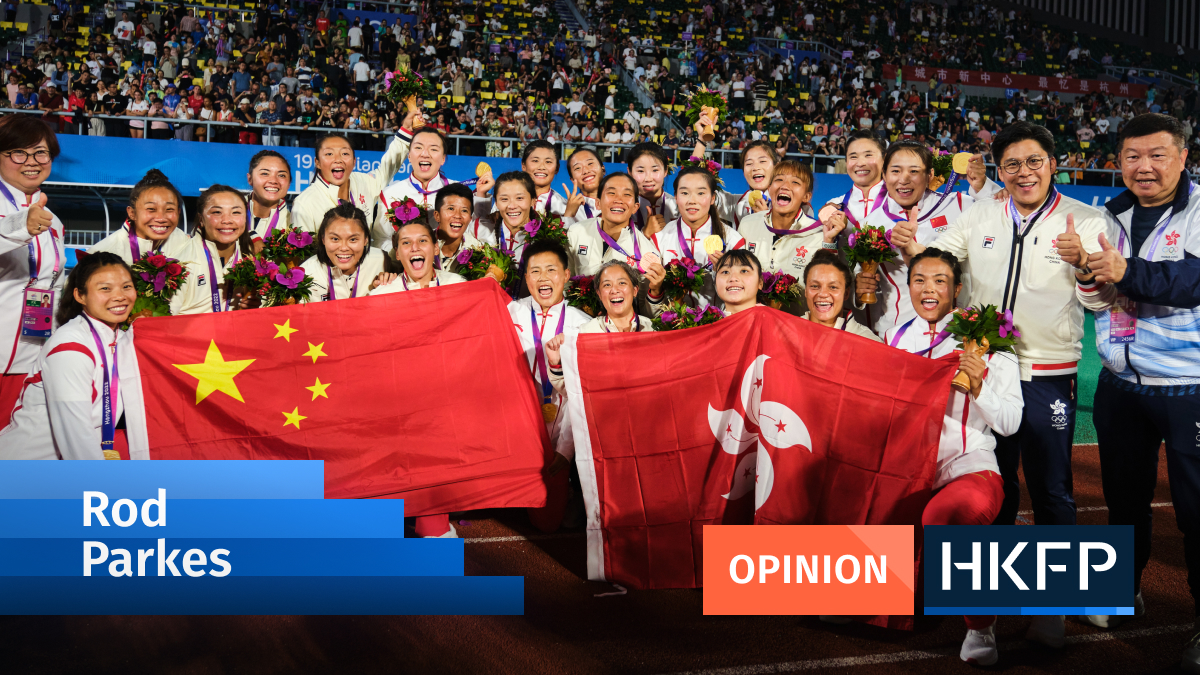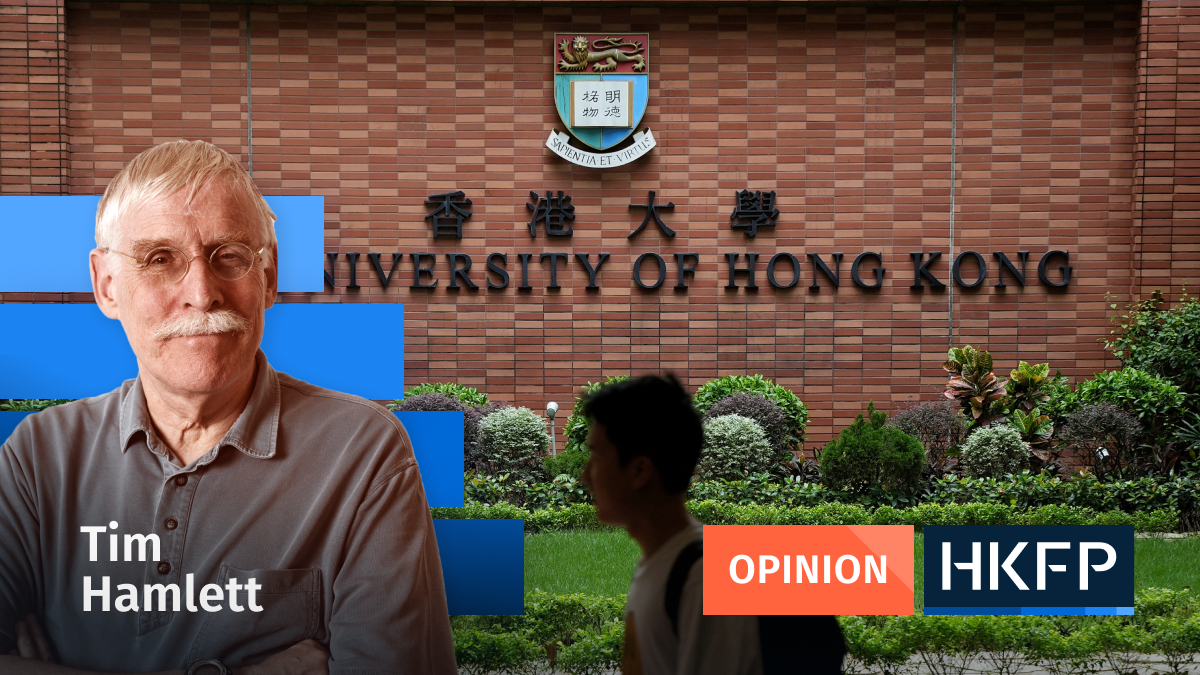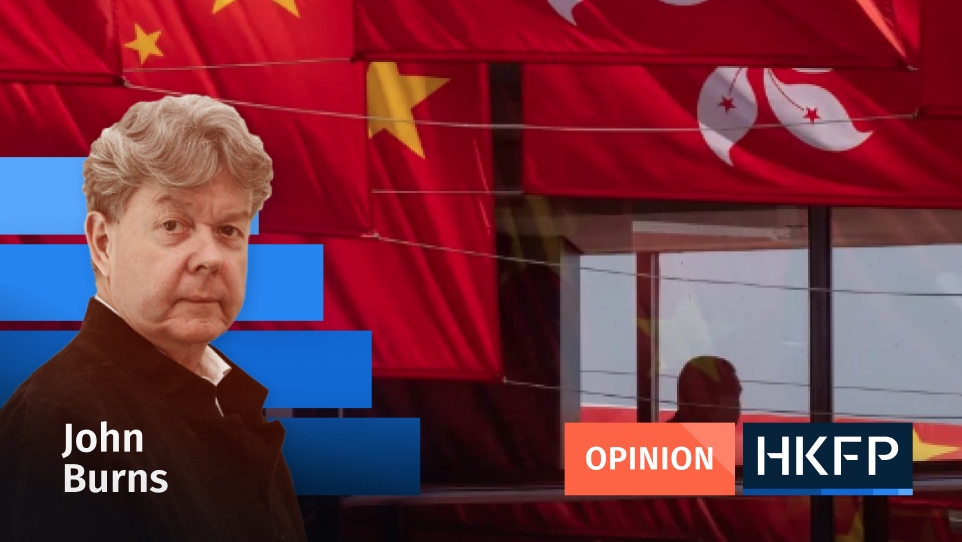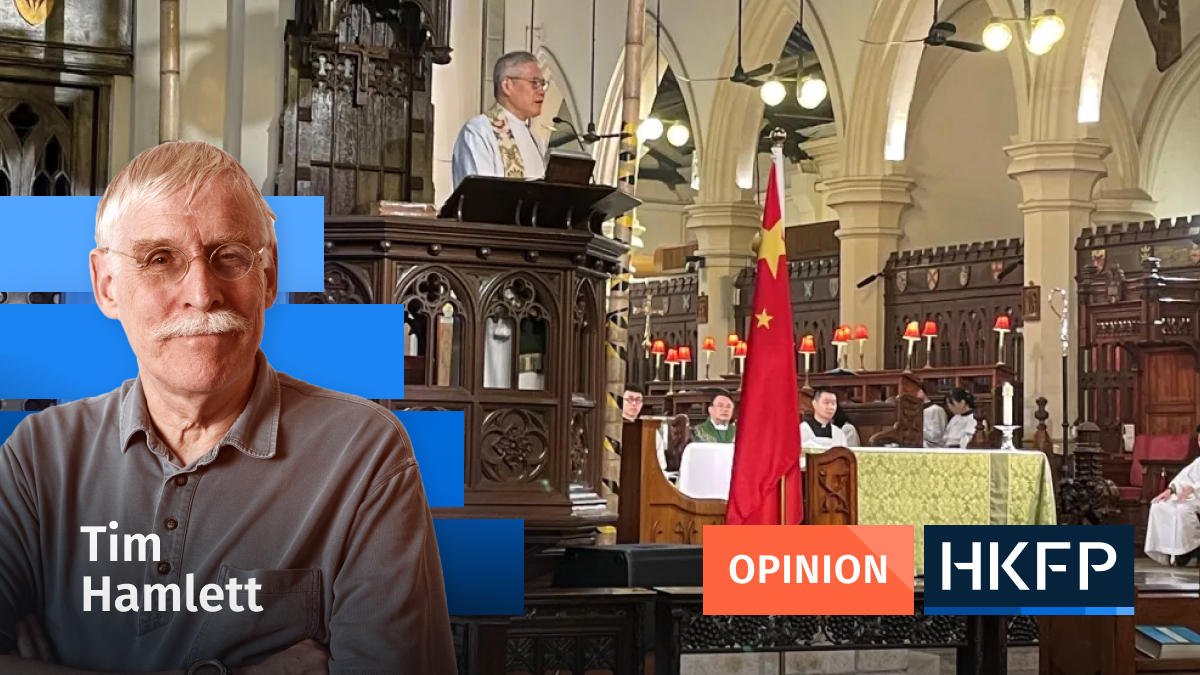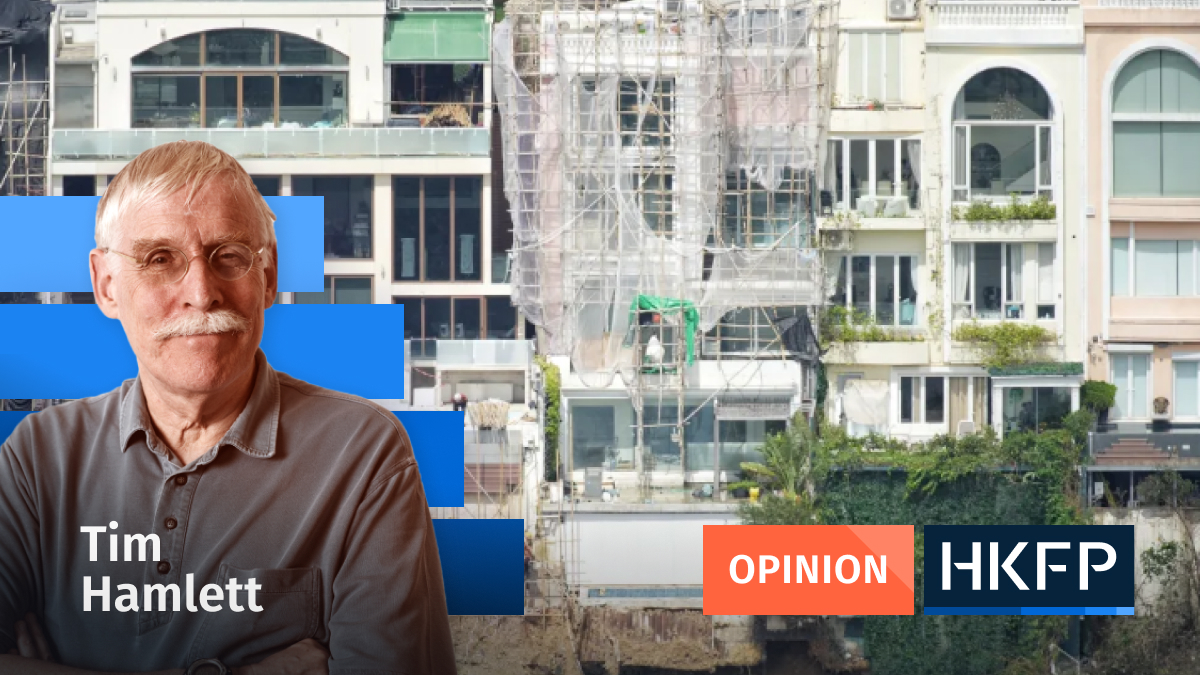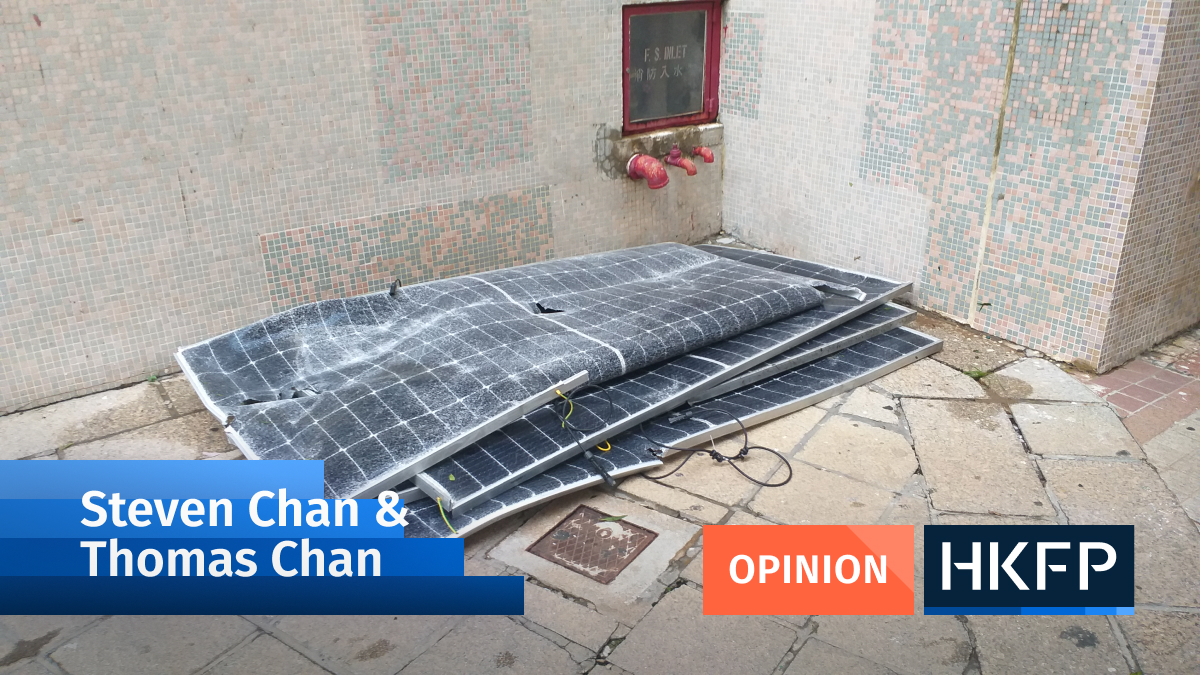Critical commentary and analysis on Hong Kong, China and Taiwan affairs from HKFP’s community of columnists and expert voices.
Hong Kong can learn a lot from watching how mainland China’s central and local authorities interact
Two recently published books – one on the Covid disaster and the other on lobbying for a high-speed rail service – offer contrasting lessons on relations between local and central authorities in China, writes John Burns.
Hong Kong’s homegrown security law: Safeguarding the city’s future
“In essence, Article 23 is not an infringement on our liberties; rather, it serves as a safeguard against potential hazards to our way of life,” writes Adrian Ho.
Fireworks may attract tourists to Hong Kong, but they are known to cause severe distress for wildlife
“Whether or not the [monthly fireworks displays prove] successful in terms of visitor satisfaction, we can be sure of one thing: its negative impact on local wildlife,” write Michael Boyle and Victoria Amaral.
Hong Kong’s chief auditor should stick to accounting and steer clear of security
“The flip side of the director of audit developing a new national security hobby is that it will reduce the resources devoted to his proper function, which is ensuring that government spending is honest and effective,” writes Tim Hamlett.


